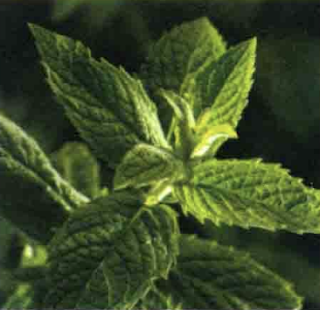绿茶
在日本绿茶被视为是长寿之宝,富含多种营养。绿茶茶叶中含有大量的多酚(Polyphenol)—— 一种具有抗氧化功能的植物营养素,其抗氧化功效比维生素 C 高 100 倍,有助于预防各种疾病。
In Japan, green tea has long been hailed for promoting longevity. It is abundant in many nutrients and particularly rich in polyphenols. Polyphenols are a type of phytochemical with antioxidant properties. The antioxidant activity of polyphenols is about 100 times more potent than vitamin C and may prevent various diseases.
与其他常见的茶比较,绿茶具有最强大的抗氧化作用。它是最强效的一氧化氮清除剂和最有效的一氧化氮抑制器;过多的一氧化氮会透过攻击细胞使组织受损,导致如癌症、糖尿病和肾脏方面的疾病等。绿茶经过消化后产生的化合物,更具有抗癌的特性。
Compared with other popular teas, green tea has the most antioxidant activity. Green tea is the strongest nitric oxide (NO) scavenger and the strongest NO suppressor, which is crucial because excess NO damages tissues by attacking cells. This leads to diseases such as cancer, diabetes, and kidney disease. Digested green tea compounds also have anticancer properties.
绿茶可以减少低密度脂蛋白胆固醇,从而降低罹患心脏病的风险。在一项科学实验中,人们在饮用绿茶后,罹患心脏病的风险降低了。而相对的,饮用咖啡或热水,则无此有益功效。
Green tea may lower the risk of heart disease by reducing low-density lipoprotein cholesterol. In a scientific study, people showed lower indicators of heart disease risk after drinking green tea, a contrasting result from drinking coffee and hot water, which provided no beneficial effect.
一项针对 40,500 名日本人的研究发现,每天喝绿茶的人死于心血管疾病和中风的机率最低;研究也发现,绿茶多酚可以保护脑细胞,常喝绿茶可以减少罹患阿兹海默症和其他失智症的风险。
A study of 40,500 Japanese found that those who drank green tea daily had the lowest risk of dying from cardiovascular disease and stroke. Research shows that regular consumption of green tea can protect the brain against Alzheimer's disease and other forms of dementia, thanks to the polyphenols found in green tea that protect brain cells.
虽然绿茶具有很多功效,含有咖啡因的绿茶却可能会有不少副作用,比如失眠和反胃。然而,不同的绿茶品种其中的咖啡因含量不尽相司,即使是同一株绿茶的不同叶子,其咖啡因含量也会有所不同。以低温轻微烘烤绿茶叶,以及用二氧化碳和水来处理绿茶叶,即可有效地去除绿茶中的咖啡因。饮用不含咖啡因的绿茶,尽情享用抗氧化剂和植物营养素带来的助益。
With all the benefits green tea leaves possess, it helps to drink green tea made from leaves without caffeine, as caffeinated green tea may cause adverse side effects such as insomnia and nausea. The caffeine contents of green tea bushes vary and even leaves belonging to the same bush have different levels of caffeine. Furthermore, green tea leaves can be decaffeinated by roasting them slightly at low temperatures and treating them with carbon dioxide and water. Enjoy the goodness of antioxidants and phytochemicals in green tea without the caffeine!



